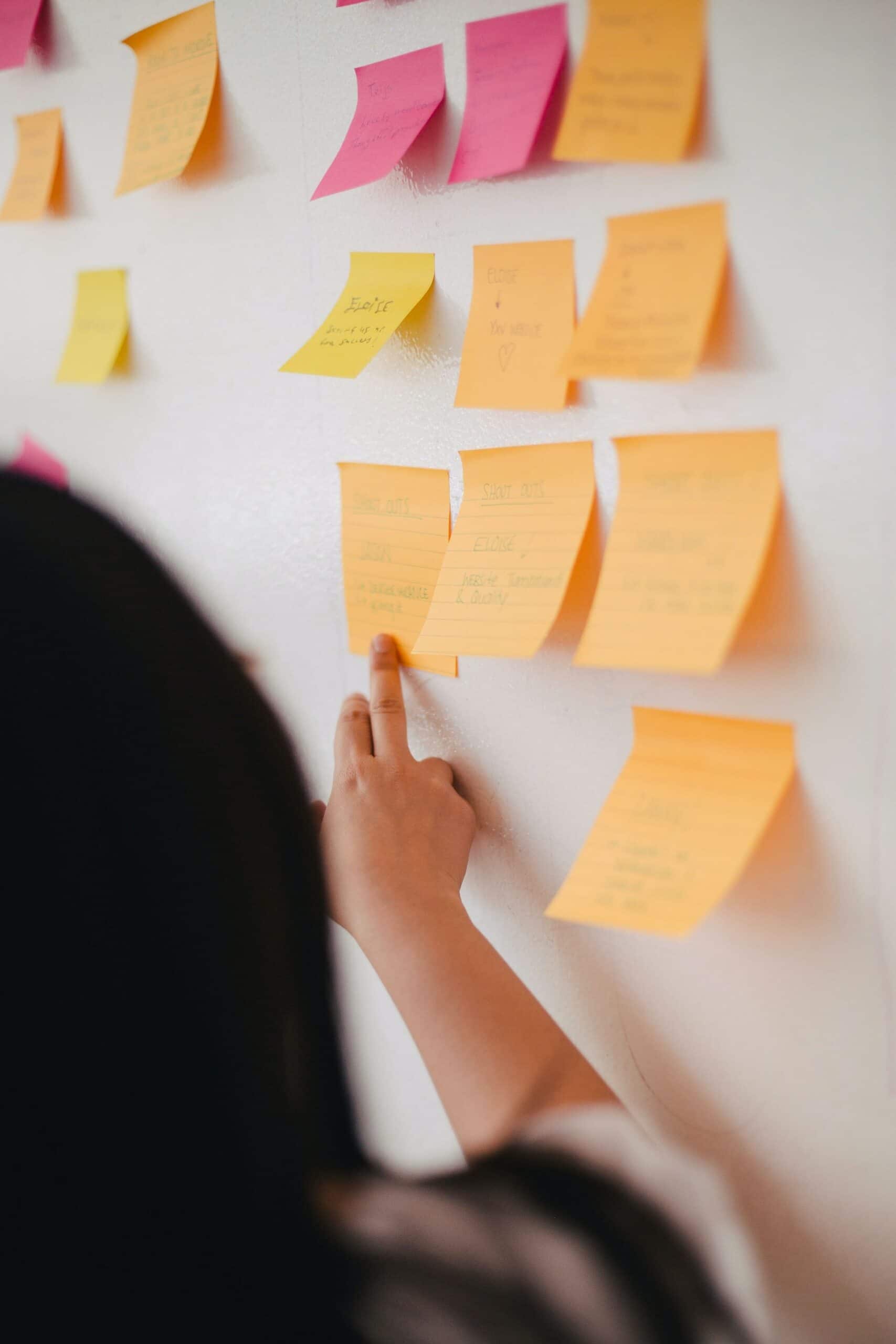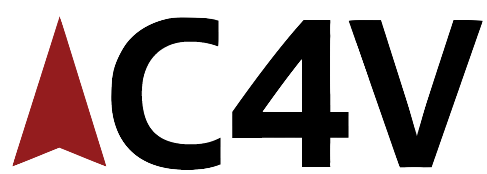Development is not a Device

As I so often tell my students, every country is a developing country; every society hosts communities of struggle. If we understand development as beneficial social change, it transforms our understanding of who is part of this effort and how it operates. Too often we define development by the form in which aid is delivered—foreign aid, or “official development assistance”, for example. But ODA is an institutional and fiscal mechanism, a device. Development is a process. And it has been happening always and everywhere, for literally all of human history (Okay, there have been some hiccups when development went in reverse for a time—think the Dark Ages—but these are mere blips on the 200,000-year timeline of human society).
And aid—the device—can come in many forms. Much of it happens right under our noses every day, right in our communities, as formal and informal civil society groups work to bring home that beneficial social change. It takes place here in Washington, DC, where the poverty rate hangs at 13.5 percent.
Contrary to what my students often believe at first, development does not have to be a unilateral relationship where the “giver” (often condescendingly) offers alms to the “recipient” while getting nothing in return except, maybe, a favorable trade agreement. Yes, aid often takes the form of financial transactions (through various hoops) between governments, or projects carried out by a mix of local and foreign actors with foreign funding. But it can just as easily be technical assistance, whether in the form of a visit from a team of management or technical experts, scientists, researchers, planners, or policy wonks or in the form of a student ready to put in a couple months or a couple years of voluntary or stipend-supported work. And it is the latter type of “aid”—small scale, sometimes even unpaid—that can often have the greatest impact on the “giver.” That impact, in fact, often comes in a reversal or erasure of the notion of “donor” and “beneficiary,” when the student or volunteer comes to realize how much they have learned from, and grown with and within, their host community.
Let me offer an example. When I was fresh out of my Master’s program, I took a job at The Advocacy Project, a tiny human rights NGO based here in DC. One of my main roles was to build and oversee the Fellows for Peace program. Each spring I would hire and train one to two dozen graduate students who would then deploy for three summer months to one of our community-based partners all over the world. All of our partners were very small organizations that had grown out of the community and were working locally to do human rights advocacy, development, or conflict resolution. One of my Fellows, we’ll call her Erin, was assigned to an Afghan women’s organization.
Erin had had a lot of experience as a community organizer, leading workshops and training other organizers in a big American city. That’s why we hired her and why the Afghan women’s group was excited to have her come and train them. Erin, ever the mindful cosmopolitan, was very concerned about coming off as arrogant or paternalistic, a know-it-all American. She worried that her trainings might not be culturally relevant enough, or worse, that they could be offensive in some way. So, in her first few sessions, she tread very carefully. She was almost skittish.
Part-way through one of the workshops, one of the women interrupted her. The woman could see that Erin was nervous and holding back. The woman said to her “Erin, we invited you here because you have skills that we want to learn. We see that you are worried about being culturally insensitive, and that is kind, but please, the best way to respect us is to respect our agency. Accept that we are intelligent enough to know for ourselves which aspects of your trainings we can use and which we can’t. Trusting us is respecting us. Now please, teach us what you know!”
Erin was floored. It never occurred to her, and yet it seemed so obvious: these were Afghan women, fighting for equality, dignity, and human rights in the early 2000s in the midst of a war between the US and the Taliban, in one of the world’s most difficult places in which to be a woman. They were brave, tough, smart, determined, and skilled—and perfectly able to discern from Erin’s workshops what was culturally appropriate and useful and what was not. They just needed Erin to realize that! Once she did, she was on fire. She became so important to that organization—and they to her—that she deferred her second year of graduate school and stayed more than a year past the scheduled end of her fellowship. She has continued to work in and on Afghanistan ever since.
Both she and I took away from that experience a lesson that we have never forgotten: while it is right and correct to be cautious and sometimes even deferential when doing community development work as an outsider, it is also right and correct to treat those with whom you interact as persons of equal dignity and worth. That much seems obvious, no? But part of what that means is not assuming that you are some all-powerful influence who will accidentally lead them astray, and instead accepting that they, too, have agency, intelligence, local “street smarts,” and often fierce resilience, and also that it is okay to disagree respectfully, remain congenial, and still be useful.
Development is not a “device,” a “package,” or a set of “build-it” instructions and resources. At its core, it ought to be a collaborative process leading to beneficial social change. It comes in countless forms. Whether we “do” development assistance or not, that process is going to continue, as it always has. And insiders and outsiders will continue to mix and meld, as they always have. Our challenge, then, is to “do” development mindfully, open-mindedly, and with a discerning eye toward the values that motivate this work, values that include dignity, equality, care, mutual respect, solidarity, duty, and agency. And the work ought to be mutually beneficial to both donor and beneficiary. Development done well can blur and even erase the lines that separate these roles.
Erin’s story is an example of how the “donor” (in this case, of her time and knowledge) also benefits from the act of giving, but not (just) because of the good feelings we get from altruism. When we come together to work shoulder-to-shoulder with others who are trying to improve their communities, we, too, grow. We, too, gain knowledge and awareness, including self-awareness. We become wiser while also realizing that there are important limits to what we know. We become more humble, which can then free us to own our gifts and strengths. By fully recognizing the beautiful, powerful humanity in those alongside whom we are laboring, we ourselves become more fully human.
By Stacy J. Kosko
Photo by @YouXVentures


